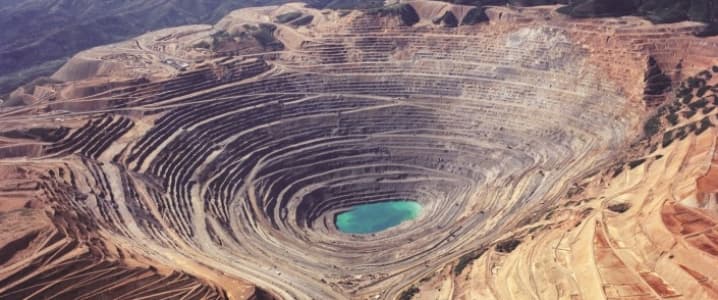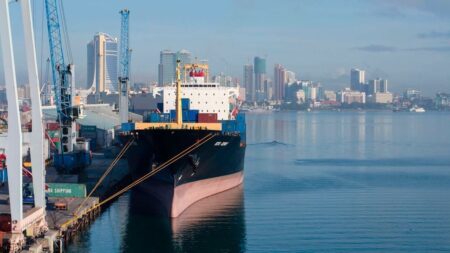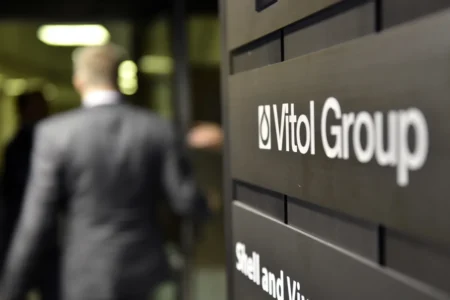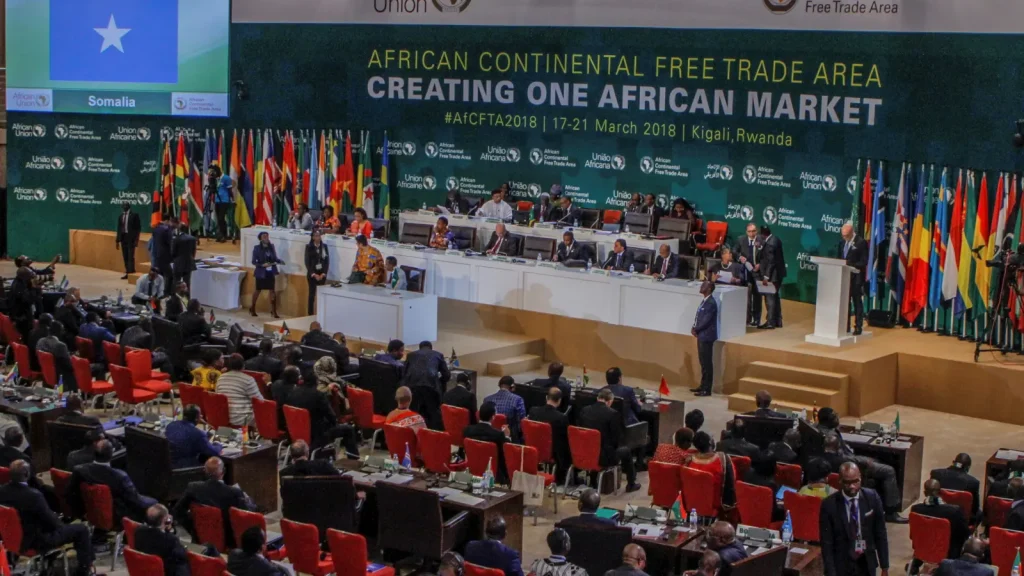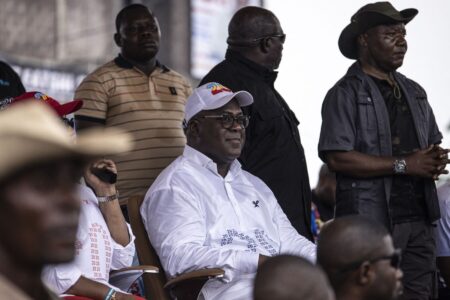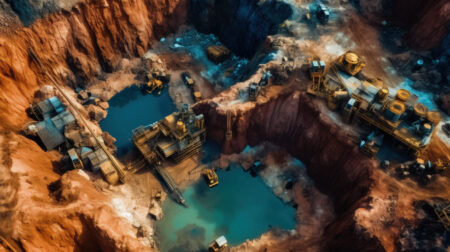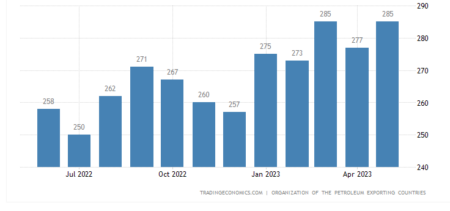For many in Africa, the concept of an electric vehicle is still new, by the time these futuristic automobiles become popular in Africa, land rights in the Congo may very well be buried deep in the cobalt mines.
Did you know, the Democratic Republic of the Congo produces more than half of the world’s supply of cobalt? You probably did not, neither did I. Here is another fun fact, did you know cobalt is the mineral that powers your phone battery, your laptop battery and most all your rechargeable batteries?
I bet you were also not aware that this bluish mineral that is found in a dull brownish ore of dirt is used in hospital labs for imaging, for cancer radiotherapy and even for sterilizing medical equipment.
Cobalt is also in the component that stores solar energy in the solar panels that have now become popular solution to Africa’s energy deficit. Cobalt is again coming to a product near you, this time, in lithium ion batteries that power electric vehicles.
If you like, cobalt is the mineral that is transitioning the world from fossil fuels to clean green energy and where can it be found, mineral rich Congo. And you wonder why war never ends in this rich-poor nation!
https://theexchange.africa/industry-and-trade/extractive-and-energy/ibm-and-ford-lead-blockchain-scheme-to-stop-congos-bleeding-cobalt/
It is then no surprise that the global demand for cobalt is increasing exponentially. It is estimated that cobalt demand will be up 60% by 2025 and continue to double thereafter as proliferation of Smartphone’s and other handheld devices continue to popularize.
Couple that demand with the shift to renewable energy, then it is easy to see the pressure that the Congo is facing and the need for sustainable mining of cobalt. It is the curse of the 3TG conflict minerals all over again.
The 3TG conflict mineral are Tungsten, Tin, Tantalum and Gold, wherever they are mined in Africa, a war erupts and guess where in Africa all 4 are abundant, yep, in the Congo.
It seems that Africa simply cannot mine or develop raw materials short of war, human rights abuse and environment devastation. Interestingly, it is alleged that funding these civil wars helps unregulated Africa’s mining and that way keeps the price and production cost cheap for the end user, a multinational company nesting in a safe haven abroad.
Curse of Africa’s raw material Protecting the cobalt supply chain
Cobalt mining is surrounded with human rights abuse and environment pollution issues that seem to be endemic with all African resources.
You know of the Congo child soldiers, you have seen the heart wrenching and mind boggling photos and video clips of children wielding AK 47s. While they serve some warlord to protect their control of the mine area, their counterparts are in the mines, digging out the ore.
Amnesty International attests; “There’s a whole range of human rights violations connected to cobalt mining in the DRC, generally stemming from the fact that it’s just a very poorly regulated activity by the Congolese government.”
While the sought after mineral serves to power engines that use clean energy, the mining of the mineral itself relies on the old fossil fuel guzzlers. So environment pollution around cobalt mining is monumental.
“We have the mining equipment, we have heavy machinery that are used in creating the open mine or underground mining process, then there’s the electricity used in the entire production chain, and then we have the blasting process. From what I can see, it’s not sustainable for longer term,” warns Nazmul Huda, Senior Mechanical Engineering Lecturer at the Macquarie University in Sydney, Australia, another cobalt mining country.
https://theexchange.africa/countries/dr-congo-seeks-better-economic-growth-within-eac/
It is really now in the hands of end users, such as tech companies and consumers, to do their due diligence on the cobalt value chains so they do not end up funding child soldiers and environment distraction.
You may be aware (but probably not) that Apple, Google, Dell, Microsoft and Tesla were recently sued for their part in the death and injury of children working in cobalt mines to supply their companies.
A movement called the Responsible Minerals Initiative that is spearheaded by the Responsible Business Alliance is at the forefront to help companies get insight on improving social and environmental issues surrounding the cobalt supply chain.
“Companies can get clarity on where they’re sourcing cobalt from, and with that knowledge we can work on improving the practices of those sources,” notes the organization’s vice president Leah Butler.
Working with over 50% of cobalt refiners, the alliance helps them to assess the working conditions at the mines and enforcing a zero-tolerance approach around child and forced labor.
You may also have heard of international competitions looking for suggestions to collect and recycle batteries. The international community is looking to reduce pressure on these mines and the surrounding communities, so if a battery can be recycled and the cobalt in it reclaimed for reuse, it would go a long way to ease demand from the mines.
So, before you throw out that old feature phone, or when you think that the cracked screen of your smart phone is unbearable or you just want a new version, take a second you to look at the back, see the recycle symbol, please dispose responsibly for recycling purposes otherwise your money is fueling demand for more cobalt and in turn funding child soldiers in the Congo.
https://theexchange.africa/countries/the-congo-river-could-be-the-answer-to-africas-power-problems/





